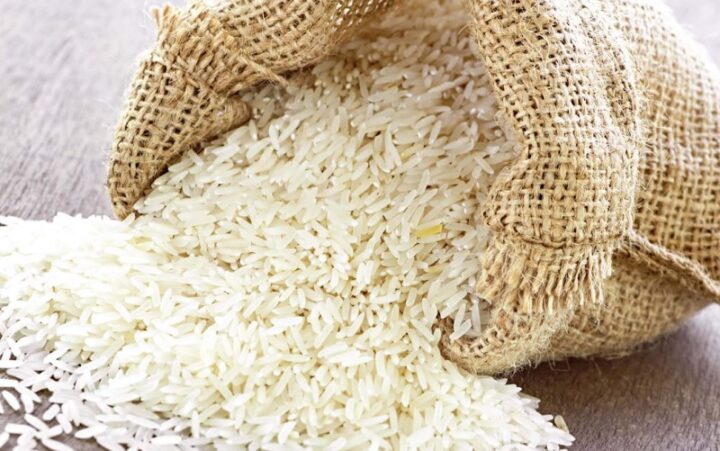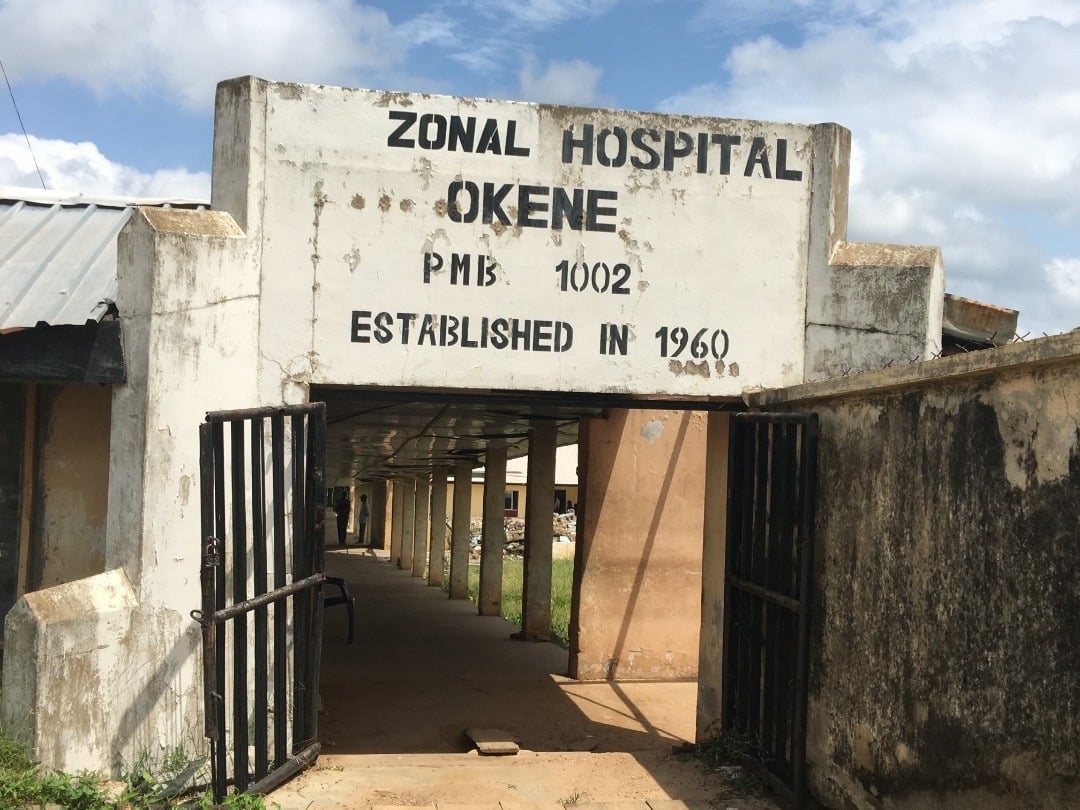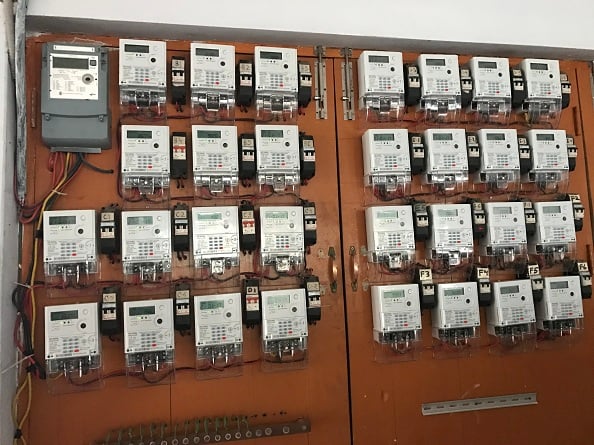The latest Jollof Index published by SBM Intelligence shows that the price of foodstuff used in preparing jollof rice increased by 78 percent between July 2016 and June 2020.
According to the report, Nigerians have been hit by a triple-whammy since 2016 when the economy slipped into recession and inflation hit double digits.
This comes after a COVID-19 impact survey by the National Bureau of Statistics (NBS) that showed that 30 percent of households in the country suffered severe food insecurity in June.
“2016 represents the last time Nigeria had a single-digit inflation rate before the oil prices collapsed which combined with ham-fisted policy responses, caused a recession,” the report read
Advertisement
“The effects of this recession continue to reverberate in the economics of the country. The average national jollof index has increased by 78 percent in the four-year period from July 2016 to June 2020,” the report read.
“In tandem with this rise, is the almost 100% drop in the purchasing power of Nigerians over the same period due to two devaluations of the naira to the dollar.
“Effectively, Nigerians not only have to spend more on food than they did in 2016, but their naira is also able to buy less food.”
Advertisement
The report said the fact that food inflation rises faster than core inflation means that food gets more expensive faster than other general items.
Markets in Wuse II, Port Harcourt, Kano, Balogun, Dugbe, Bodija and Trade Fair were reported to be the most expensive places to get jollof rice ingredients while markets in Calabar Municipal, Onitsha, Awka, Bayside Mbakpa, Bauchi and Nyanya were the cheapest places.
The increase in the price of food items was also reported to have been worsened by the border closure policy in August 2019
The average cost of preparing a pot of jollof rice was put at N7,240, a six percent increase from the average recorded in April.
Advertisement
“Nigeria’s government, as a matter of urgency, has to rethink its food and agriculture strategy,” the research agency said.
“A situation where the cost of the one meal eaten in every corner of the country has doubled within a four-year period is unacceptable. Combined with the falling value of Nigeria’s currency and the attendant drop in purchasing power of the Nigerian, it is disastrous.
“While we believe that the easing of the COVID-19 induced travel restrictions from July 1 will have a positive effect on the prices of food, this effect will not be enough.
“As a matter of urgency, the various government departments need to talk more with each other so that a coherent set of policies will be enacted which will have the end result of making food cheaper for Nigerians.”
Advertisement
According to the report, Nigerians now opt for substitutes like beans, plantain, garri with soup, spaghetti, and a local vegetable salad known as abacha.
Advertisement






